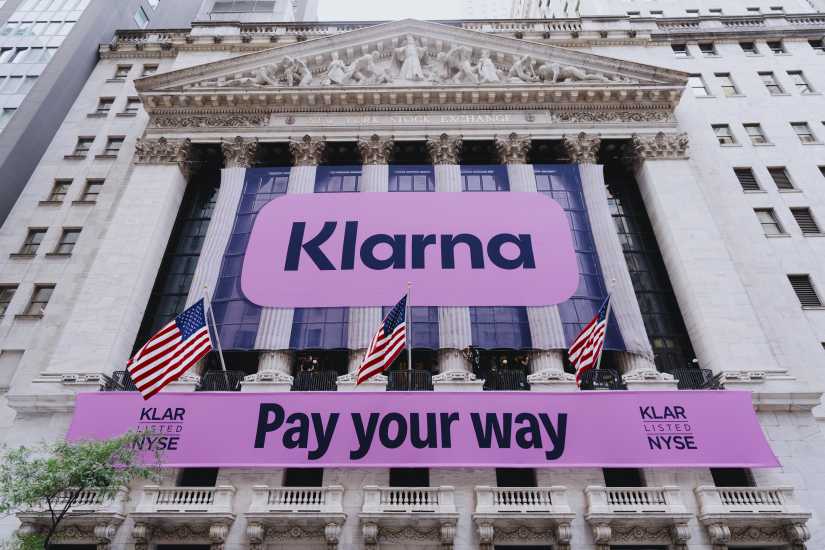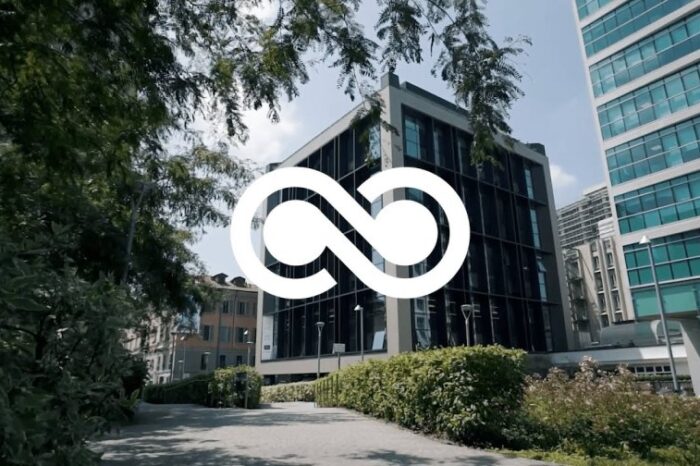Fintech startup Klarna pops 15% in Wall Street debut, hits $17.3B valuation after $1.37B IPO

Klarna kicked off its long-awaited Wall Street debut with a pop. Shares of the Swedish buy-now-pay-later fintech startup rose 15% in their first day of trading on the New York Stock Exchange, closing Wednesday at $45.82. The company priced its IPO at $40, above expectations, raising $1.37 billion for the firm and its existing backers. At the close, Klarna carried a market value of about $17.3 billion, according to a report from CNBC.
The stock opened strong at $52 before slipping as the day wore on. Even so, Klarna’s listing marks one of the most closely watched debuts in fintech this year, putting the company alongside other high-profile entrants like stablecoin issuer Circle and design software firm Figma. Crypto exchange Gemini is next in line with its own listing later this week.
“To me, it really just is a milestone,” Klarna’s co-founder and CEO Sebastian Siemiatkowski told CNBC. “It’s a little bit like a wedding. You prepare so much and you plan for it and it’s a big party. But in the end — marriage goes on.”
That “marriage” is Klarna’s push beyond buy-now-pay-later into full-scale banking. The company has rolled out a debit card and personal deposit accounts in the U.S., signing up 700,000 card customers with another 5 million people on its waitlist. Siemiatkowski says the Klarna Card is pitched differently from rival Affirm’s product, which has 2 million users since launching in 2021.
“We’re attracting a slightly different audience maybe than the Affirm card,” he said. “I get the impression that is more a card where people use it simply to be able to have financing with interest on slightly higher tickets.”
The company is stepping into a crowded and competitive field. Afterpay was scooped up by Square (now Block) for $29 billion in 2021, and regulators are circling the BNPL market. The U.K. government has proposed rules to bring these loans under formal oversight, citing affordability concerns.
Still, Klarna’s IPO is delivering big returns for some of its earliest backers. Existing shareholders offered nearly 29 million shares, worth close to $1.2 billion at the IPO price. Klarna itself raised about $222 million. Sequoia, an investor since 2010, has poured $500 million into the company. By selling just 2 million of its 79 million shares, the venture firm has seen its total stake balloon to about $2.65 billion.
“Being here in New York 15 years later with over 100 million consumers and over $100 billion of GMV [gross merchandise value] and close to a million merchants, it is staggering what one year after another of execution and growth and Sebastian’s long-term vision can do,” Andrew Reed, a partner at Sequoia, told CNBC.
Not everyone has fared as well. SoftBank, which led a funding round at a $46 billion valuation in 2021, has watched its stake sink in value as Klarna’s private-market peak came crashing back down to earth.
For Klarna, Wednesday’s debut is less about the opening-day bounce and more about proving its business model in public markets. The company’s next test is whether it can turn the hype into sustainable growth — and reassure Wall Street that BNPL still has plenty of runway left.
Founded in 2005, Klarna helped pioneer short-term installment payments long before “BNPL” became a household acronym. The model found a new gear during the pandemic as e-commerce surged, and its popularity has held firm as inflation keeps shoppers looking for flexible ways to stretch their paychecks.




